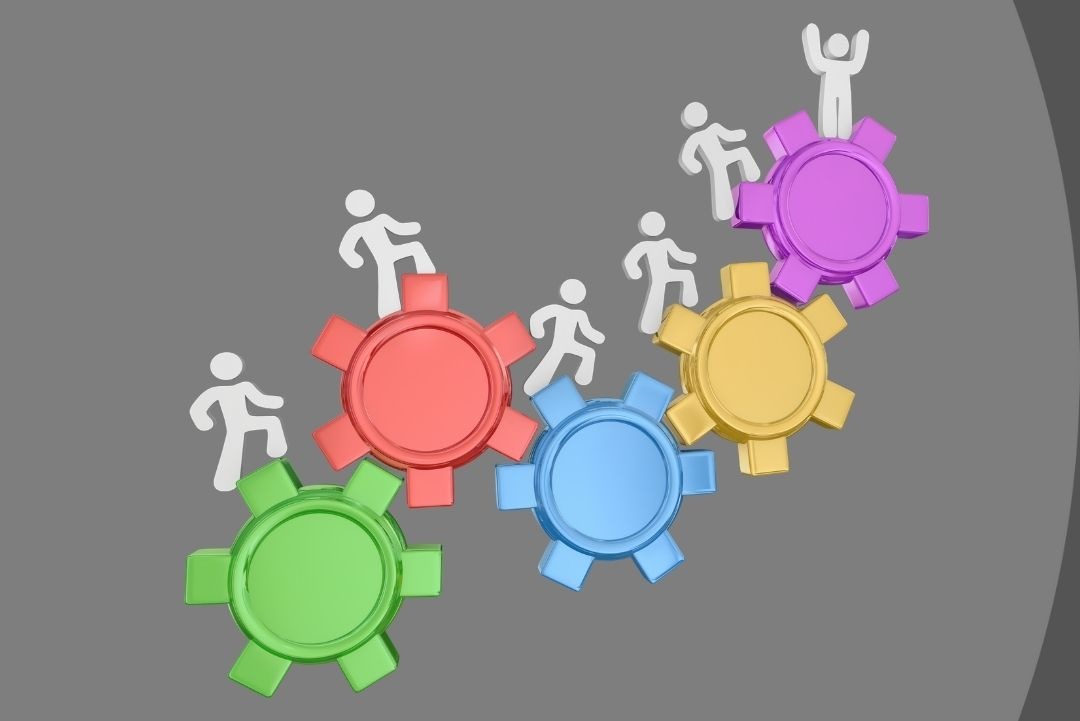Regular training and development in the workplace can seem like a costly venture for a lot of businesses. The time missed off work, coupled with the money and resources it takes to train an employee can seem like a waste of time for a lot of employers. Despite these potential drawbacks, training and development has proven to benefit a workplace immensely in the long term as employees are not only better equipped to do their job, but they feel more valued too. In this article we discuss the importance of training and development in the workplace, and how your company can benefit from upskilling employees.
The importance of training and development in the workplace
- Gives employees a clear idea of roles and responsibilities
With proper training and development comes improved systems and processes – which makes it easier for people to know what they’re doing. Outside of poor management, an employee not having a clear idea of what’s expected of them can severely impact job performance. This is also especially important with the onboarding process, as an employer can plan the kind of training and development a recruit will require. When employees can access to up to date training and resources, they have a clear idea of their role within the organisation.
- Improved performance
Undoubtedly, one of the biggest benefits of training to employees is that it’ll make them better at their job. This is especially important if they’re working in a field that is rapidly changing or evolving, as this helps maintain your company as an industry leader. Continued training also increases an employee’s confidence, as they’ll feel more competent in their role – which will also make them more confident to try out new ideas.
- Improved employee morale
The importance of training and development in the workplace is crucial to job satisfaction because when you invest in the education of an employee, you’re demonstrating how much you value them. Outside of a good company culture and good relationship between employer and employees, a person who feels as though they are growing, and learning is bound to feel more satisfied with their work. Doing the same thing every day for years without chances to improve can cause an employee to feel stagnant. When you offer the opportunity to learn, whether it’s by paying for a course in their field or mentorship, an employee will feel as though you’re invested in their future, which will strengthen loyalty to you and your business.
- Attract and retain great employees
Considering the costs involved with recruiting new staff, it’s worth putting the time and money into investing in your current employees. Consistently training an employee nurtures loyalty, as they’re less likely to seek a new challenge with another company instead. Additionally, advertising that you’re a company that provides regular training to employees is seen as a great incentive to potential candidates.
- Training up leaders
A company that keeps evolving is a company that limits disruption. If a managerial employee unexpectantly leaves a company, it can end up costing a lot of time and productivity while the employer tries to search for a replacement. An employer who suddenly suffers the loss of a key employee stands to lose a great deal of money if the leaving employee was responsible for their businesses’ critical key performance indicators. This can be extremely stressful for a business owner. A company that consistently trains all employees can mitigate this risk by ensuring responsibilities aren’t left to an under qualified employee. If a risk strategy is put into place, and all employees are trained to hold down the fort in the event a manager leaves, it can save a company a lot of money and stress in the long run.
We hope you’ve enjoyed our article about ‘the importance of training and development in the workplace.’ If you’d like to know more about the benefits of training to employees or require HR support, please contact us and one of our HR specialists will get in touch shortly.
 enquiries@bramwellpartners.com.au
enquiries@bramwellpartners.com.au


